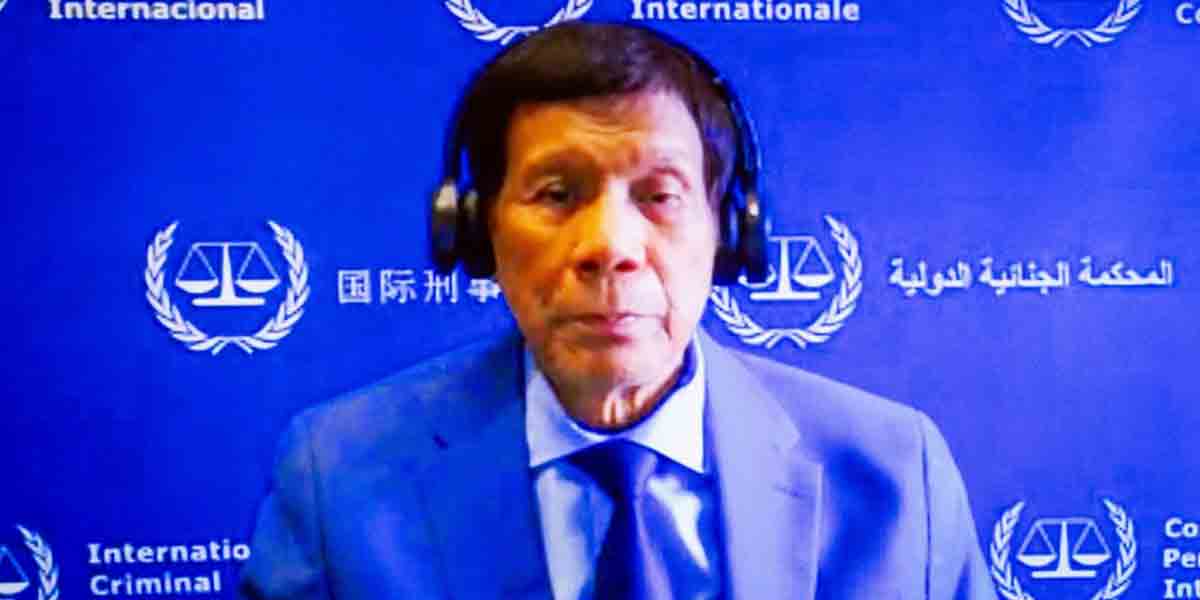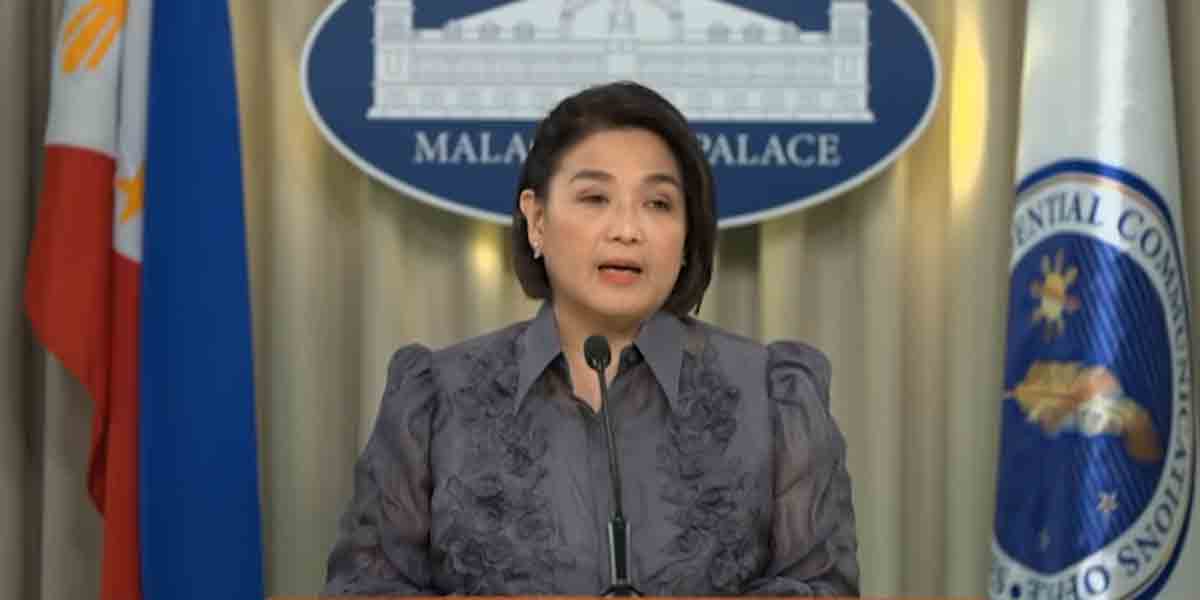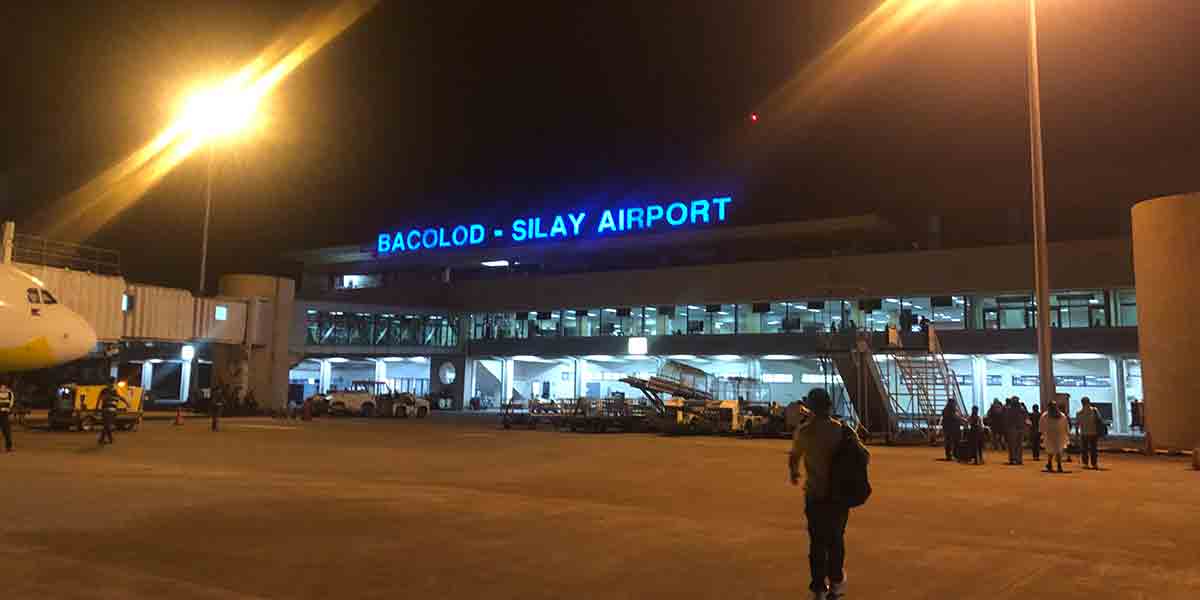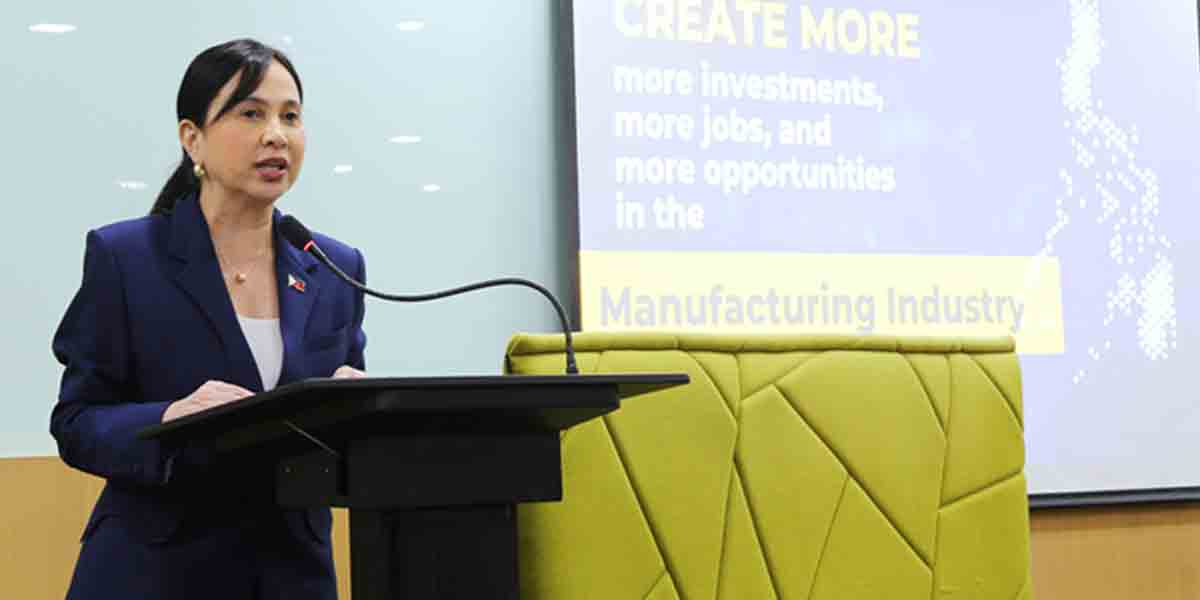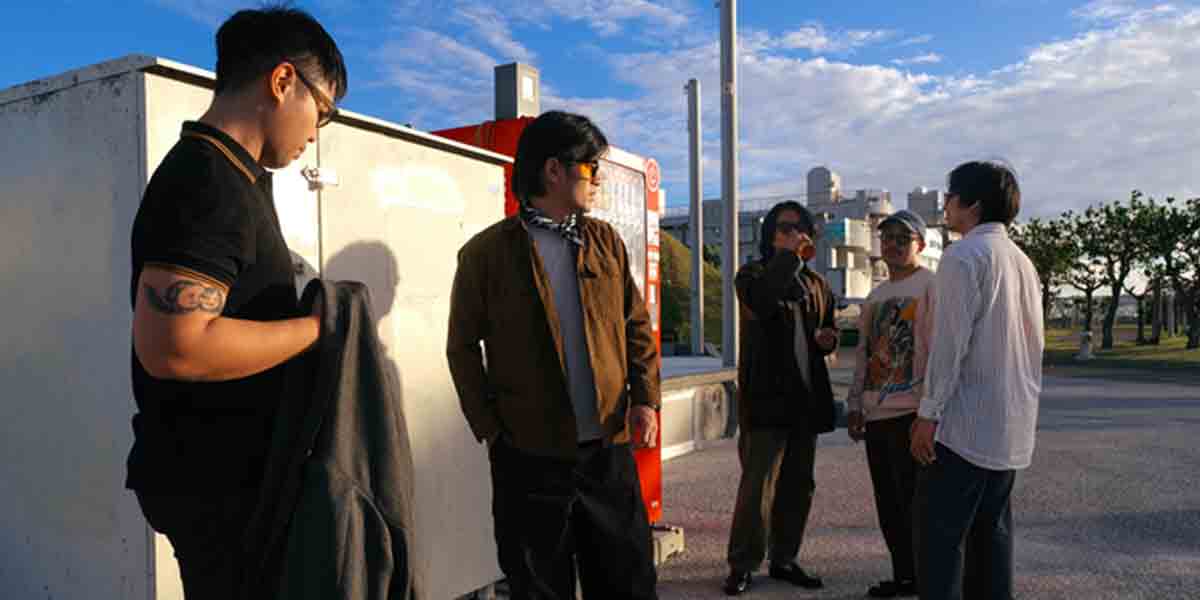By Herman M. Lagon
IN HISTORY, few command the blend of intellectual fire and radical activism quite like the maverick Ilonggo Graciano Lopez Jaena. Born exactly 167 years ago on December 18 in Jaro, Iloilo, Jaena’s journey from a zealous youngster to a leading light in the Philippine Propaganda Movement presents a stirring narrative of courage, wit, and unyielding dedication to the cause of freedom.
Jaena’s early life in Iloilo was marked by an insatiable thirst for knowledge and a profound sense of social justice. Initially aspiring to be a physician, he found his true calling in words, not medicines. His seminal work, “Fray Botod,” written at the tender age of 18, unveiled the underbelly of the Spanish colonial regime, unmasking the hypocrisy and debauchery of the clergy.
The narrative, unfolding through a conversation between a Filipino and a liberal Spanish friend, introduces the titular character Fray Botod, a pseudonym meaning “big-bellied” in Hiligaynon. Portrayed as the embodiment of greed and immorality, Botod symbolizes the corruption within the church, utilizing religion as an instrument of oppression. His character, compared to the gluttonous Heliogabalus, is depicted engaging in excessive eating, drinking, and other carnal pursuits, highlighting the stark contrast between the friars’ ostensible piety and their actual decadence.
Jaena’s body of work extends beyond “Fray Botod,” encompassing various themes that critique societal and political injustices under Spanish rule. His writings, such as “La Hija del Frail ” and “Everything is Hambug,” underscore the tragedies of Filipino-Spanish marriages and the superficialities of societal norms. Through speeches like “Sa mga Filipino,” delivered in 1891, and “Talumpating Pagunita kay Kolombus,” Jaena consistently advocated for Filipino freedom and progress.
His works praised reformers like Gen. Miguel Morayta and celebrated Filipino artists like Juan Luna and Resurreccion Hidalgo, while also calling for reforms in governance, like the abolition of unfair taxes and addressing the mismanagement of education in the Philippines. Jaena’s literary contributions remain pivotal in understanding the socio-political landscape of his time and his relentless pursuit of justice and equality for Filipinos.
Jaena’s radicalism was not confined to his literary endeavors alone. His move to Spain was not merely an escape but a strategic relocation to the heart of the colonial beast. In Barcelona, he found a more conducive environment for his activism, away from the prying eyes of the friars in the Philippines. His founding of “La Solidaridad” in 1888 was a watershed moment, giving voice to the Filipino clamor for reforms and representation in the Spanish Cortes. The newspaper became a platform for intellectual ferment, critiquing the colonial administration and advocating for significant changes in governance and societal structures.
The radicalism of Lopez Jaena was further amplified by his affiliation with Freemasonry, a movement often at odds with the Catholic Church at the time. His association with fellow reformists like Jose Rizal and Marcelo H. del Pilar, both Masons, reinforced his commitment to the cause of Filipino freedom. His fiery oratory and persuasive writings made him a prominent figure among his compatriots in Spain and the Philippines.
However, Jaena’s activism was not without its challenges. His lifestyle in Europe, often carefree, sometimes overshadowed his intellectual pursuits. Despite this, his influence and contributions to the Filipino struggle for freedom remained undiminished. His speeches and writings, filled with impassioned pleas for liberty and equality, resonated deeply with his audience at home and abroad.
Sadly, Jaena’s life was cut short by tuberculosis in 1896, just before the outbreak of the Philippine Revolution. His death marked the end of a significant chapter in the history of Filipino activism. However, his legacy lives on, inspiring generations of Filipinos to continue the fight for justice and freedom.
As we celebrate his 167th birthday, it is essential to reflect on Jaena’s contributions to the Philippine struggle for independence. His radicalism, rooted in a deep love for his country and a fervent desire for social justice, serves as a beacon for all who aspire to bring about meaningful societal change.
Graciano Lopez Jaena’s life is a testament to the power of the pen and the spoken word in challenging oppression and advocating for reform. His story reminds us of the enduring impact one Ilonggo can have in shaping a nation’s history. As we honor his memory, let us rekindle the spirit of activism and radicalism that he embodied, ensuring that his legacy continues to inspire future generations of Filipinos.
***
Doc H fondly describes himself as a ‘student of and for life’ who, like many others, aspires to a life-giving and why-driven world that is grounded in social justice and the pursuit of happiness. His views herewith do not necessarily reflect those of the institutions he is employed or connected with.

